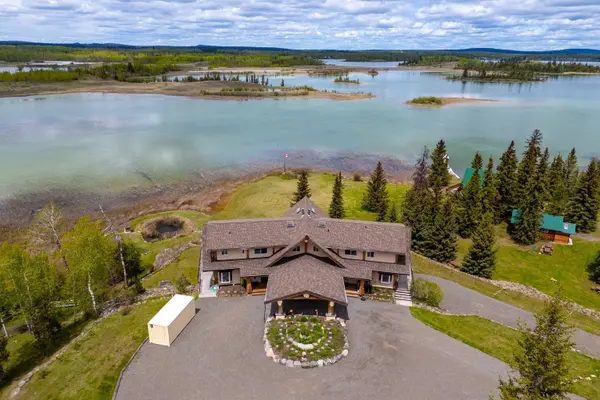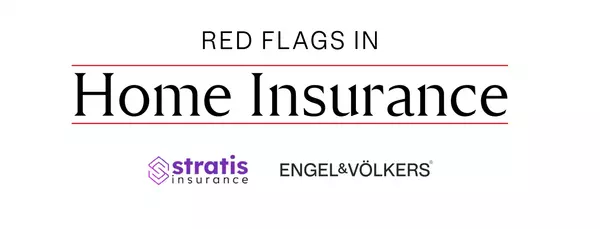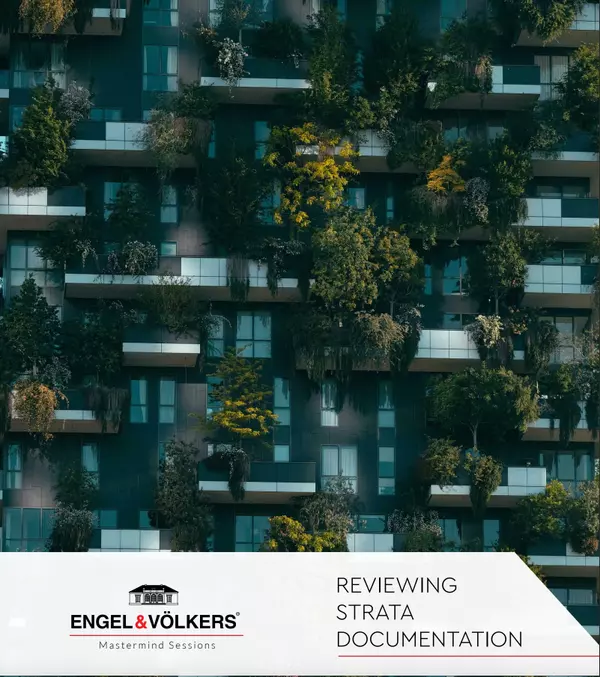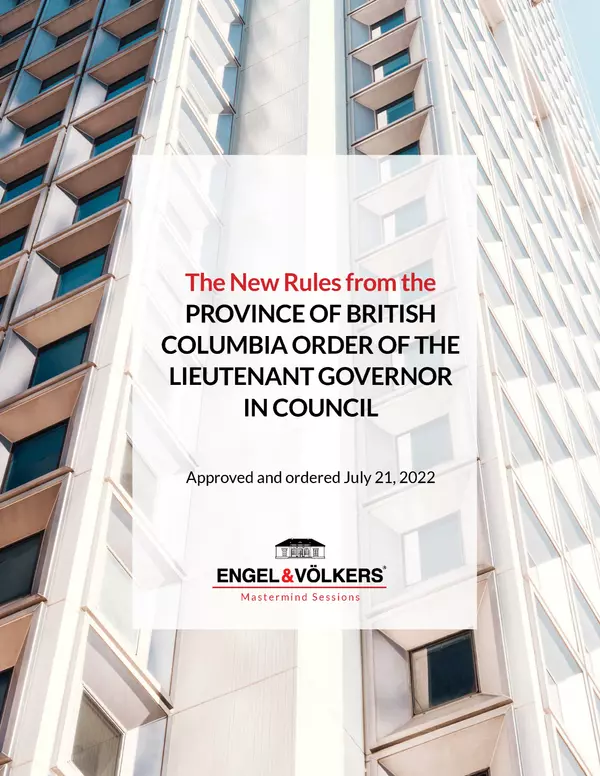Red Flags for Home Insurance
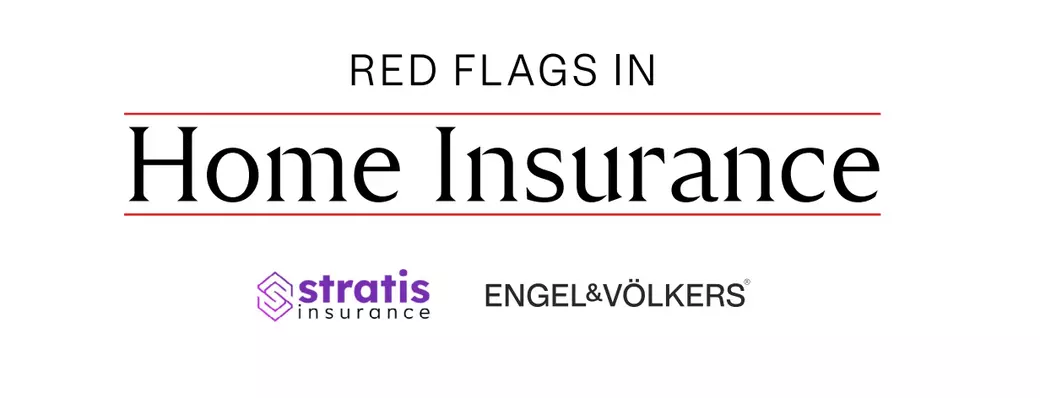
RED FLAGS IN HOME INSURANCE
To be that professional realtor, insurance should be an integral part of your process for the following reasons:
- Insurance can impact your sale – a deal can fall through because your client didn’t qualify for insurance.
- Our involvement in coaching and educating your client about the impacts of the house on insurance will level up your reputation and image.
- You do not want insurance to be the reason why there is a delay in the closing of the home.
COPE
is the acronym to easily remember and is commonly used in the insurance industry to discuss what can affect the underwriting of insurance.
The following factors of COPE can lead to either a delay, coverage limitation, or decline.
Construction
The age of the home and the age of certain structures in the home will affect underwriting such as:
• Homes 25 years or older
Roof over 20-25 years
Hot water tanks older than 15/20 years for houses and 15 years for townhomes
Material – eg., that can affect underwriting:
- Poly B for plumbing – creates limited markets and delays and possibly declines. (The condition and amount of the poly-b is what affects underwriting)
- Any electrical wiring that is non-copper may be a cause for concern. Eg., - Aluminum wiring may cause delays, limited coverage, and declines
- - Knob and Tube – if it is active, it will likely be a decline – must be decommissioned or pigtailed with copper
- Asbestos – is often found during insurance inspection after the policy is bound. Underwriters will allow for time
- Occupancy i.e., who is living there and how it’s being lived in.
Occupancy
Factors that affect underwriting:
- Over 2 families/renters/boarders – limited markets, delay in underwriting and if too many then may lead to decline.
- Over 2 rental suites – same as above.
- Vacant dwelling – if vacant over 30 days, this may cause underwriting delays, limited markets, or declines. Hiring someone to manage and inspect the property is key.
- Stand-alone rental – if the client is buying the property to rent out and has no other home policy this will limit markets or create a decline or surcharge.
Protection Exposure
Any device or system that protects the house.
- Can positively influence underwriting especially if there are issues with the home.
- Factors within the home that improve underwriting: sprinklers, alarm, and water mitigation system.
- Factors outside the home that can cause declines (more common outside of the city).
- Fire hydrant – if not within 300m from the house, this will likely lead to a decline.
- Fire hall – if not within 15 km, this will likely lead to a decline, delay in coverage, or surcharge.
Elements the property is exposed to.
Factors that affect underwriting:
- Steep slopes, hard to access roads – can delay, or decline a policy.
- High flood zones – likely a decline or binding bans, or may need to go to specialty markets.
- High wildfire zones – often times there is a new business ban where underwriters will not allow for new policies when it’s wildfire season (e.g., Okanagan) within 25-50 km of the radius.
Importance of Condo Insurance
– Premiums continue to rise as there have been a lot more claim payouts than earned premiums. Typically when there’s a claim with a condo it doesn’t just involve one unit. When there is a fire or water claim that happens, the neighboring units or sometimes the entire building will be affected if it’s a flood, the water will seep between the units, or a fire and smoke can damage other units as well as the water used to put out the fire. Given these types of situations, insurers have put in place stricter underwriters and higher premiums.
It is still vital to advise your client to purchase condo insurance for the reasons above but also some other important coverages that you and your clients will have with a condo policy:
- Improvements or Betterments – covers damages to any subsequent changes to the unit after the sale of the developer. Eg., replaced appliances, renovations.
- Loss Assessment – covers the unit owner’s portion of any losses that were caused on a shared property or common property.
- Additional Unit Assessment - This coverage responds if the unit owner suffers a loss and the condo corporation doesn’t have insurance, or if the corporation’s insurance is inadequate or ineffective
- Deductible buy down – This is so important as the strata nowadays have high strata deductibles where each unit owner is paying $100k and even $250k. This is an extra policy to purchase on top of a condo policy if the condo policy is not high enough.
- This covers the event the building has a large enough loss to trigger a claim from the strata policy. The deductible that is associated with the strata is very high, often in the millions and each owner is responsible for covering their share of this deductible.
INSURANCE IMPACT ON YOUR SALE
Delay in Coverage Delay in Closing
Decline In Coverage
Standard Coverage With Exclusion or Specialty Market (Lesser Coverage)
Mortgage Falls Through Mortgage Falls Through
Sales Falls Through Sales Falls Through
Information provided by Stratis Insurance
Online quote: www.StratisInsurance.com
or
By email: PersonalLines@StratisInsurance.com
Please provide contact details, MLS listing and Full Legal name, Date of Birth, current mailing address, and credit consent. We will offer 3 options and advise which option best suits the client.
Categories
Recent Posts


